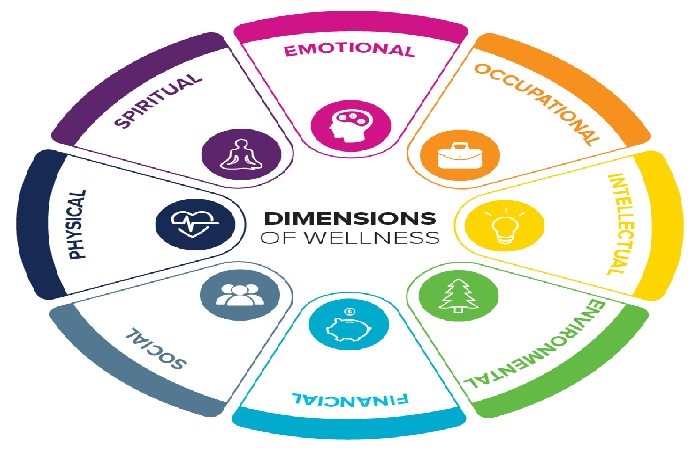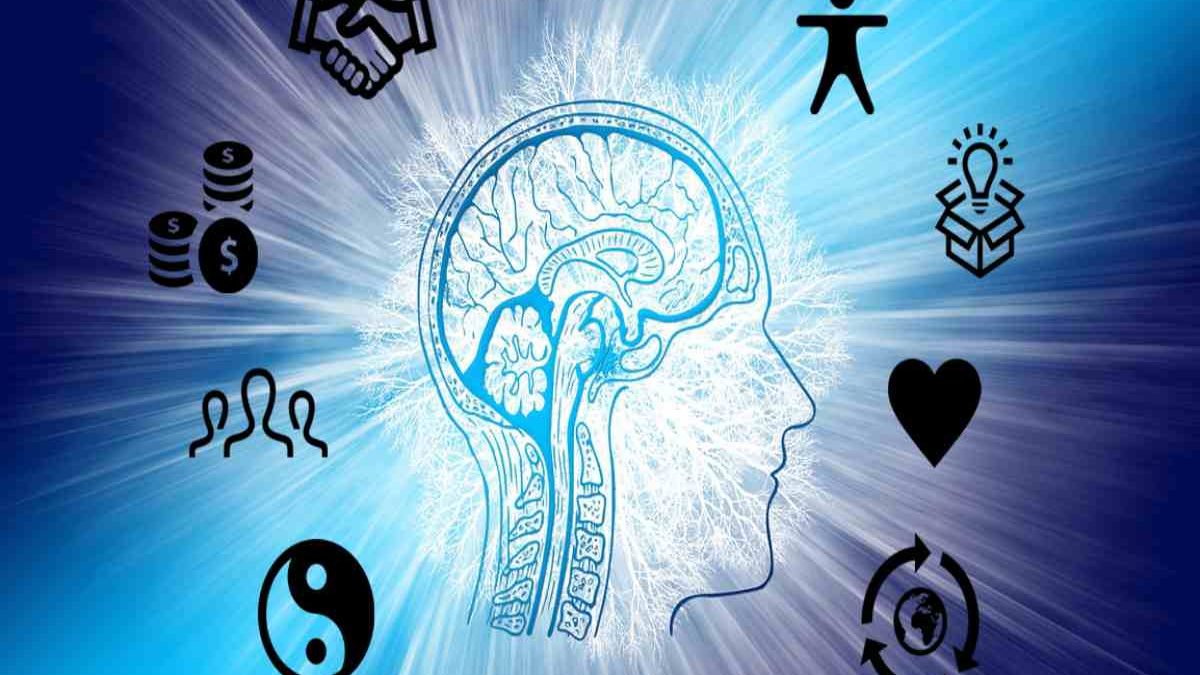Table of Contents
Introduction
According to the World Health Party, the Concept of Wellness is the active pursuit of optimal health and an optimistic outlook. First, since the ultimate goal of wellness is overall health, there can be no health without the intent of wellness. While health defines the likelihood of developing disease and illness due to genetics and other physical characteristics, health focuses more on behaviors and actions that can prevent or sustain disease risk. Thus, wellness is the active pursuit of beneficial activities such as being active, not smoking or drinking, sleeping well. And eating optimally. Instead of engaging in behaviors and actions that are inconsistent with holistic health.
The Concept of Wellness Here are some examples of risky behavior and actions:
Smoking: Not only is it the most significant risk factor for developing lung cancer. But it is also the cause of many other diseases and conditions that significantly impact a person’s Concept of Wellness.
Alcohol: When consumed in large quantities over a long period. Alcohol can cause severe liver, kidney, and heart disease, as well as increase the risk of stroke and cancer.
Unbalanced diet: An unbalanced diet means the lack of proper nutrition to support the body, thus increasing the risk of various diseases. An example is an obesity. And also
Unprotected sex: Engaging in this risky behavior perpetuates the spread of sexually transmitted diseases (STDs), such as the human immunodeficiency virus (HIV).
The Concept of Wellness and Health

Health and wellness are terms use interchangeably, but they have two different meanings. The most significant difference is in their end goals.
Health is about mental, physical, and social wellness, not just the absence of disease. Wellness is defined as the active hunt for optimal health. So it more often describes a state of mind and lifestyle approach. The ultimate goal of wellness is health, making wellness the active process of achieving the best possible health.
For example, a person’s health can be determined by their lifestyle. In this way, the two concepts form an overall holistic understanding of what it means to be healthy.
Dimensions the Concept of Wellness
Well-being has several dimensions, as it goes beyond just physical health. This multidimensional view includes physical, emotional, environmental, social, spiritual, intellectual, and occupational.
Physique: Maintaining a healthy form through regular exercise significantly reduces the risk of disease and ailment and improves overall physical fitness. Additionally, providing the body with adequate and balanced nutrition is vital to maintaining the health benefits of exercise. Sleeping well and drinking enough water are also important determinants of physical health.
Emotional: Being aware of one’s own emotions, feelings, and reactions to stress is vital in determining emotions. Indeed, a person with passionate it can resist stressful situations, understand their feelings and empathize with others.
Environmental: Caring for our natural environment is essential to maintaining general well-being. As living in a healthy environment helps us lead a safe life. For example, living away from a city’s pollution can benefit its physical and emotional dimensions.
Social: Maintaining a wellness social lifestyle involves surrounding yourself with people who support healthy habits. Additionally, being in a group is valuable for making people feel they are contributing and interacting with a community. which builds appropriate relationship skills.
Spiritual: This dimension of wellness does not necessarily mean the need to adopt an organized religion. Instead, spiritual health is simply about asking about the purpose and meaning of life and understanding the individual’s role. This awareness can enable one to develop feelings of compassion, forgiveness, and patience—good examples of meditation and how to achieve awareness and spirituality.
Meditation is a great way to connect with the spiritual self and feel holistically better.
Conclusion
The Concept of Wellness is an active lifestyle with various components that affect health (physical, mental and social) at a holistic level. And also these factors continually play a role in contributing to an individual’s overall health and therefore need to be understood and addressed appropriately.

